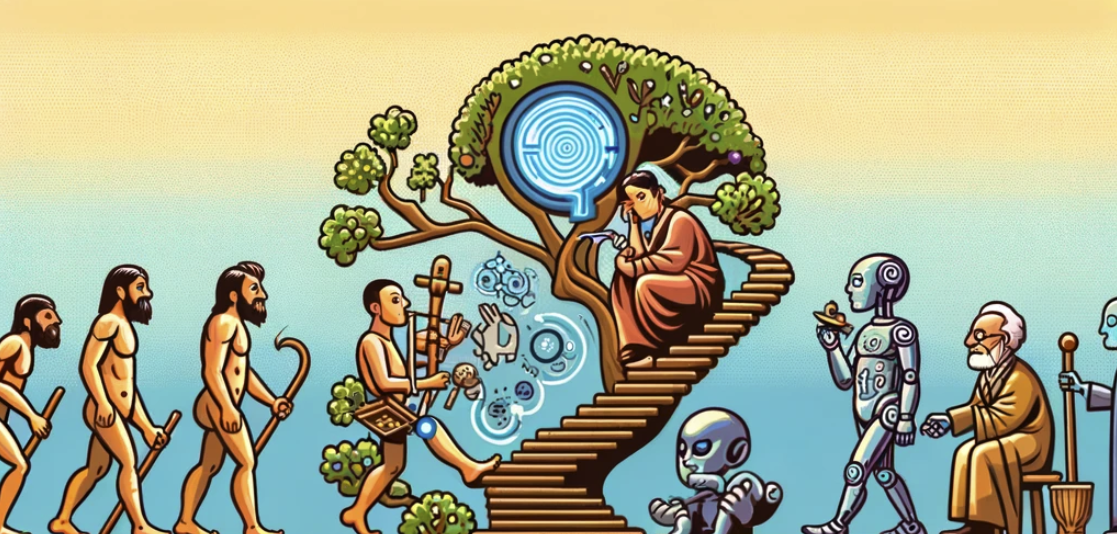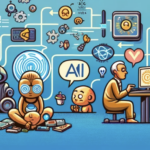
The philosophy of technology is a rich field that investigates the complex relationship between technology, humans, and society.
Here’s a breakdown of key themes:
Table of Contents
Defining and Understanding Technology
- Beyond Tools: Technology isn’t just about physical artifacts. It encompasses systems, processes, knowledge, and ways of shaping the world around us.
- Human-Technology Relationship: Technology isn’t neutral; it both influences humans and is shaped by our values, goals, and social structures.
- Embodiment vs. Instrumentality: Some theories view technology as an extension of ourselves, while others see it merely as a tool for our purposes.
Key Questions and Debates
- Technological Determinism: Does technology drive social change in an inevitable way, or can we actively shape technological development?
- Autonomy and Control: To what extent do technologies limit our freedom or enhance our ability to control our lives? (Think: surveillance vs. assistive technologies)
- Ethics of Technology: How do we design and use technologies ensuring they promote human well-being, justice, and environmental sustainability? Specific areas include AI ethics, biotechnology, and social media’s impact.
- Technology and Human Nature: Do technologies fundamentally change who we are as humans? Questions about attention span, social connection, and the blurring of lines between the real and virtual.
Schools of Thought
- Optimism: Views technology as primarily a force for progress, solving problems and improving human life.
- Pessimism: Emphasizes the dangers of technology, including social alienation, environmental destruction, and the potential for technological systems to control us.
- Critical Approaches: Seek a nuanced view, analyzing both benefits and drawbacks. Examine how technology can perpetuate existing power structures or create new inequalities.
- Posthumanism: Explores the merging of humans and technology, challenging traditional notions of what it means to be human in a technologically augmented world.
Contemporary Issues
- Artificial Intelligence: Questions of algorithmic bias, the potential of superintelligence, and the impact on work and human identity.
- Social Media: The influence on relationships, public discourse, mental health, and the spread of disinformation.
- Bioethics and Genetic Engineering: Ethical dilemmas around manipulating human biology, designer babies, and the patenting of life forms.
- Environmental Impact of Technology: E-waste, resource consumption, and the potential for technological solutions to ecological problems.
Why It Matters
The philosophy of technology isn’t abstract. It shapes:
- Policy Decisions: Informing regulations around emerging technologies, privacy, and intellectual property.
- Responsible Design: Encouraging engineers and designers to consider the broader ethical and social impacts of their creations.
- Informed Citizenship: Empowering individuals to be critical users of technology, not merely passive consumers of innovation.

![Backwards 3: How to Type "Ɛ" [EASY]](https://softwareblade.com/wp-content/uploads/2022/02/Screen-Shot-2022-02-19-at-9.03.25-PM-150x150.png)
